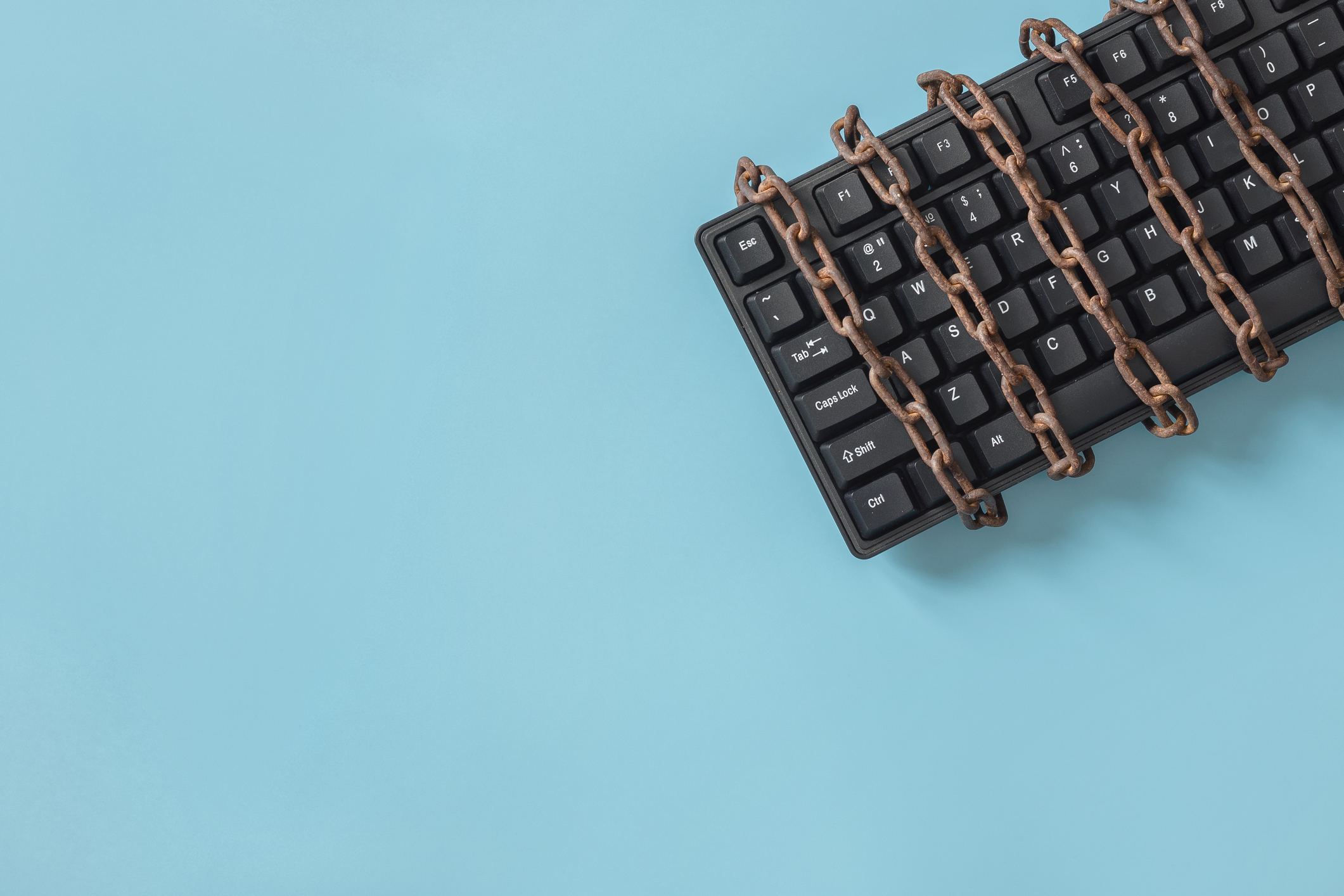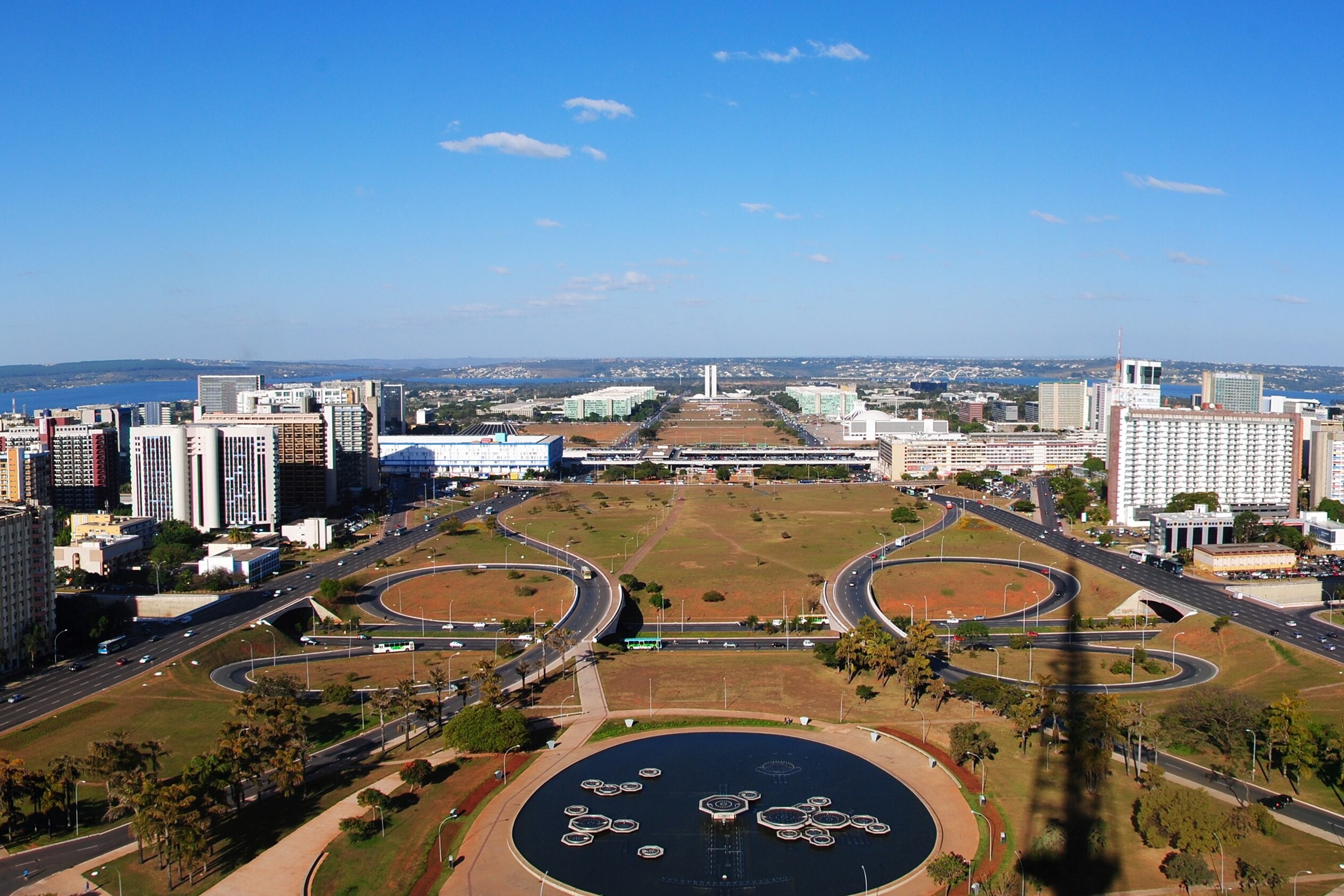Public broadcasters have a commitment to inform, entertain, and educate the public who pay for them. But in doing so they must also protect their independence and ensure accountability. For many this is partly achieved through the use of an internal regulator.
In a recent report, we explored the importance of independent media regulators and their role in protecting media freedom. In many countries, these regulators are also the primary mechanism through which they are held to account. With rigorous regulators, their policies can clearly outline the expectations and responsibilities of local broadcasters, in the interest of the public. They can also ensure that public broadcasters are adequately meeting their public service goals, while acting as mediators between public media organisations, the publics they serve and the government.
For public broadcasters, their funding models can serve as critical sources of independence. Recognising the link between public funding and independence, some governments have threatened these sources to censor or co-opt independent journalism. For example, Slovenian public broadcaster Radiotelevizija Slovenija (RTVSLO) recently had its funding threatened by the country’s Prime Minister, Janez Janša, who accused RTVSLO of spreading lies about the government. In a March 2020 tweet directed towards the public broadcaster, Janša said, “Don’t spread lies […] We pay you to inform, not mislead the public, during these times. Obviously, there are too many of you and you are overpaid.”
Ne širite laži, @InfoTVSLO Plačujemo vas za to, da v teh časih informirate, ne pa zavajate javnost. Očitno je vas preveč in ste predobro plačani. @RTV_Slovenija https://t.co/Qwj1p79OmT
— Janez Janša (@JJansaSDS) March 20, 2020
Stable funding – whether it comes from licence fees, a federal government, or mixed sources – free from political co-optation, can enable public broadcasters to function with the confidence that their independence is better safeguarded. This funding also demands that public broadcasters are accountable.
This is why many public broadcasters implement their own regulatory mechanisms and policies to secure themselves from external pressures and better ensure their own accountability. These mechanisms are often in addition to external regulation and take a number of different forms, such as a supervisory body or ombudsman. However, as with broadcast regulators, the mere presence of a regulatory mechanism is not sufficient and they are not necessarily immune to the challenges faced by external regulators, such as politicisation.
For instance, in 2017 the BBC lost its ‘Trust’, a governing body established in 2007 to work “on behalf of licence fee payers to ensure that the BBC provides high quality output, good value, and independence”. The Trust comprised of 12 independent Trustees from varying backgrounds, with a Trustee representing each of the four nations of the United Kingdom and an international Trustee who oversaw BBC’s international public services, such as the World Service. Appointments were made by the Queen, with the advice of ministers, following an open selection process.
But the body came under fire for multiple controversies and confusing overlap of responsibilities with the Executive Board. The Conservative Party was particularly critical of the Trust and promised to scrap the body if it won the 2010 general elections. In 2016, an independent review called for the Trust’s closure and recommended shifting oversight of the BBC to the UK’s independent broadcast regulator, Ofcom. The Trust closed in April 2017.
With any internal public media regulation there must be a commitment to impartiality, independence, and transparency, particularly in the selection of oversight bodies. These mechanisms must also be free from undue external pressures while ensuring that they themselves aren’t free from scrutiny.
Country by Country
Use the tabs below to explore how internal regulatory mechanisms work at public broadcasters in Germany, the United States, Brazil and Australia. The examples demonstrate three effective examples from ZDF, NPR and SBS as well as an example of an internal regulator in crisis at EBC.
ZDF
Public service lies at the heart of German public broadcaster Zweites Deutsches Fernsehen (ZDF). The broadcaster is primarily funded through a €17.50 household fee, with additional income earned through advertising and sponsorship. Its public-dependent financial structure lends heavily to its independence, insulating it from a reliance on government funding.
But ZDF also has an internal mechanism – the Television Council – which supervises its programming, online offers, and operation. According to ZDF, the TV Council “sees itself as an advocate for viewers”, and fields programme complaints. “The control of the ZDF by the television council ensures that the viewers are represented by members of society vis-à-vis the broadcaster.” The Council also oversees financial matters and approves ZDF’s board-adopted budget and financial statements.
While the TV Council is currently composed of 60 members from different social groups – representing the diversity of German society – this composition is a relatively new approach. Before January 2016, the TV Council was made up of 77 members as set out in the ZDF State Treaty, an agreement among Germany’s 16 federal states. However, concerns were raised regarding political interference when former ZDF editor-in-chief Nikolaus Brender had his contract renewal rejected. The non-renewal was largely seen as political. A review on the constitutionality of the ZDF State Treaty was later called for. In March 2014, the Federal Constitutional Court requested a change to the TV Council’s composition to limit “state-affiliated” members to no more than one-third of ZDF’s supervisory bodies after it determined that ZDF’s councils needed to have distance from the state to ensure a diversity of people with different perspectives and experiences.
To maintain the Council’s independence, members are barred from working for a public or private competitor or one of the state media authorities and from representing any conflicting economic or other interests. Meanwhile, the Council maintains its public accountability through plenary sessions, which occur four times a year and are open to the public.
But the Television Council is just one of ZDF’s internal supervisory bodies. The Administrative Council, or Board of Directors, is made up of 12 members and oversees the work of the Director General, especially on budgetary matters. Like the TV Council, the Board had its composition altered following the Federal Constitutional Court’s ruling. The Television Council elects eight of the directors while the remaining four are appointed by the federal states.
NPR
The use of news ombudsmen has a long history, but it was not until the year 2000 that National Public Radio (NPR) became the first broadcaster in the United States to introduce such a position. Since then, the Ombudsman role – now referred to as the Public Editor – has been used to insulate the public broadcaster from external influences through fostering accountability and transparency.
The Public Editor serves as the public’s representative to NPR’s newsroom. The Public Editor does not handle complaints or questions related to technical or management issues, funding, sponsorship, audio quality, or more general feedback and comments for NPR. Rather, they act as an independent go-between. The role is empowered to receive and respond to public criticisms, queries, and comments on the public broadcaster’s programming. The public may also raise issues of ethics and adherence to journalistic standards. In turn, the Public Editor refers public complaints to relevant staff and departments within NPR for response. The Public Editor is also important for its role in explaining to the public the broadcaster’s work, vision, and decisions.
But the Public Editor role goes a step further: in cases where a complainant is unsatisfied with NPR’s response, the Public Editor can independently investigate NPR’s standards and practices regarding the complaint, respond to the complainant, inform the management of any findings, and publish any conclusions that may be relevant to people other than the complainant.
“This office of the Public Editor was created to ensure NPR is responsive to the concerns of listeners and to help NPR remain steadfast in its mission to present fair, accurate and comprehensive information in service of democracy,” NPR said.
Read more: How We Work: A Week In The Ombudsman’s Office
But how does the Public Editor remain independent? Despite being funded by NPR and selected by the CEO, a key component of the Public Editor’s independence is an environment committed to that independence. The Public Editor also has “complete autonomy to select topics, investigate complaints and address issues.” Most recently, NPR made the decision to have the Public Editor role filled by someone outside of NPR. In 2020, NPR and The Poynter Institute for Media Studies partnered to have Kelly McBride, Poynter’s senior vice president and a nationally recognised ethicist, serve as the Public Editor.
NPR said, “By going outside NPR, the aim is to further elevate the independence and visibility of the Public Editor as well as bring Poynter’s highly respected brand and resources to help serve the NPR audience.”
EBC
While the Ombudsman at Brazilian public broadcaster Empresa Brasil de Comunicação (EBC) is meant to uphold the principles of public service broadcasting, current challenges facing the role’s effectiveness highlight that the mere existence of regulatory mechanisms does not guarantee any protection of independence.
The Ombudsman’s primary task is to establish a bridge between the public and EBC’s board and ensure that society can meaningfully contribute to the content produced by the public broadcaster. Currently, the role is supported by three assistant ombudsmen; a six-person Service, Monitoring and Information Management team; a three-person Communication team; and a secretary.
The Brazilian public frequently engages the EBC Ombudsman: in the 2020 Ombudsman report [PDF – Portuguese], it was reported that public demands and appeals quadrupled from 3,758 in 2017 to 15,575 in 2020. While a significant number of demands were outside of the EBC Ombudsman’s remit – there were 8,890 such appeals, with 6,517 related to the pandemic – the high social engagement demonstrates public value in the role.
However, wider challenges within EBC have negatively impacted the Ombudsman’s ability to execute their mandate. Created as a model of accountable and independent public media in 2007, EBC has effectively been dismantled in the years since and transformed into a mouthpiece of the state. A 2016 restructure saw the dismissal of an 11-member committee with the ability to deliberate on editorial and programming issues, the removal of independence safeguards, and ultimately greater government control of the public broadcaster. Recent plans to privatise EBC are seen as a further attempt by the Bolsonaro administration to totally eviscerate the public broadcaster. The changes so far have fostered an environment with reduced transparency, accountability, and independence.
Read more: Brazil: Privatisation of public media looms
As such, the EBC Ombudsman has faced significant criticism for its lack of critical analysis of EBC’s programming, ignoring biased news coverage, and failure to maintain its legal responsibility of upholding the objectives and principles of public service broadcasting.
Even with widespread censorship, attempts to limit the Ombudsman’s effectiveness nonetheless continue. Most recently, EBC’s Board of Directors – primarily made up of government members – ordered that any critical analysis of EBC’s content would no longer be published in the Ombudsman’s bi-monthly reports and would only be featured in the annual management report. Folha de S. Paulo reports that the decision was taken after a critical review of EBC’s coverage of the Joe Biden inauguration, and the collapse of the Manaus health system was published in the January-February Ombudsman report. By the following report, covering March-April, the critical analysis section was notably missing.
Read more: Collegiate body with government majority in the EBC imposes censorship on the Ombudsman
In response to the deterioration of the statutory Ombudsman, an initiative dubbed Ouvidoria Cidadã (“citizens’ ombudsman”) was launched by Frente em Defesa da EBC e da Comunicação Pública (Front for the Defence of EBC and Public Broadcasting), a group made up of former EBC Board Trustees and public media advocates. The Citizens’ Ombudsman aims to function as the EBC Ombudsman should – it publishes regular reports comprised of reviews on reports, content, and statements, and identifies broadcasts and publications that do not comply with principles stipulated by law.
SBS
The protection of the Special Broadcasting Service’s (SBS) independence and maintenance of its accountability is fostered throughout the organisation, from the appointment of its non-executive board members to how it handles public complaints through an ombudsman.
In Australia, the Independent Nomination Panel, responsible for appointing the non-executive board members of public media organisations, is a mechanism in place to minimise political interference within SBS and Australia’s largest public broadcaster, ABC. This merit-based approach was established in 2008 following accusations of political interference in the boards of SBS and ABC. The approach aimed to remove political bias and increase the competence of appointed directors.
The three- to four-member Panel works by advertising vacancies, assessing applications, and providing a report with at least three nominations to the Australian Government for each vacancy. In turn, the government makes a recommendation to the Governor-General, who is responsible for appointing SBS’s non-executive directors (other than the Managing Directors and the Staff-Elected ABC Director).
But how is the Nomination Panel itself protected? According to the Australian Broadcasting Corporation Act, the Secretary of the Department of the Prime Minister and Cabinet (PM&C) is responsible for appointing Panel members on a part-time basis for up to three years. Notice of each Panel appointment must be publicly made available. Importantly, the Nomination Panel is not subject to direction by or on behalf of the Australian Government and has privileges and immunities. Panel members are also required to declare any interests that conflict or could conflict with the effective performance of their functions and this requirement also extends to interests that may connect to matters that arise for consideration by the Panel.
Read more: Appointments to the ABC and SBS Boards – information about the merit-based appointment process
Meanwhile, SBS’s Ombudsman is largely responsible for investigating complaints against breaches of SBS’s Codes of Practice, such as issues of accuracy, discrimination and prejudice, impartiality and balance, and the classification of content.
The Ombudsman is also a member of the SBS Complaints Committee along with the Managing Director, SBS’s Content Directors, the Director of the Corporate Affairs Division. The Ombudsman may refer more complex complaints to the committee for further consideration and an independent determination is made whether to uphold or dismiss the complaint. Complainants may also seek an external review through the Australian Communications and Media Authority (ACMA) if they are dissatisfied with the Ombudsman’s response. Together, SBS’s Nomination Panel, Ombudsman, Complaints Committee, and the external regulator ACMA work together to protect SBS’s independence and ensure the public has mechanisms in place to keep the broadcaster in check.
Header Image: Students Experimenting With TV studio Equipment stock photo. Credit: TommL/iStock


